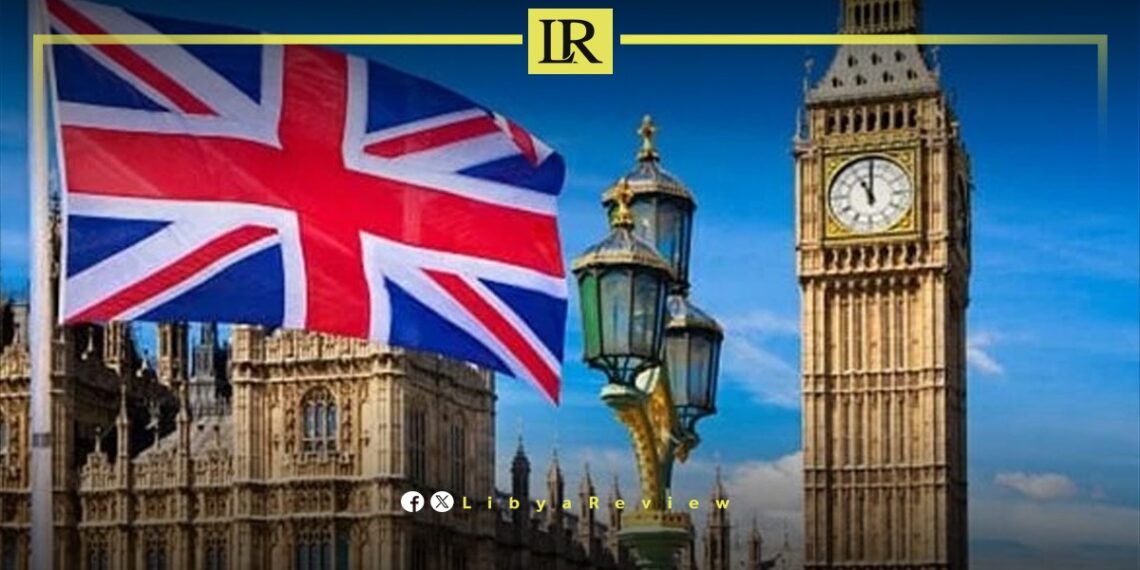On Saturday, the UK Foreign Office issued a stark travel warning, advising against all trips to Libya, declaring it as one of the world’s most dangerous destinations due to its volatile security situation that can rapidly deteriorate into violent conflicts.
The warning preemptively addressed concerns just before fresh armed clashes erupted in Tripoli, reaffirming the perilous conditions that have persisted since 2014.
Libya’s security landscape remains fraught with hazards. The Foreign Office has repeatedly cautioned British nationals about the dangers of traveling to, from, or within the country, urging immediate evacuation using any feasible means. This is largely due to the unpredictability of local security, which is liable to quickly devolve into severe fighting.
Air travel is particularly risky within Libya due to ongoing skirmishes between armed groups. These confrontations have occasionally led to the temporary suspension or complete closure of airports throughout the country, significantly complicating any entry or exit plans.
The threat of terrorism also looms large, with substantial risks of terrorist attacks and kidnappings throughout Libya. Groups affiliated with ISIS, Al-Qaeda, and various armed militias have established a notable presence, posing serious threats to both locals and foreigners alike. The Foreign Office’s warning underscores the critical and ongoing nature of these threats.
Adding to the country’s woes, Libya has also been struck by natural disasters that compound the existing instability. In September, Storm Daniel swept through eastern Libya, bringing severe flooding that inflicted heavy damage on crucial infrastructure, including hospitals and communication networks. Furthermore, the situation in Tripoli has been particularly tense, with clashes in August leading to temporary roadblocks and the shutdown of Mitiga Airport, disrupting normal life and operations in the capital.
This updated travel advisory from the UK serves as a grim reminder of the multiple layers of risk present in Libya, spanning from military conflicts and terrorist activities to devastating natural events. The British government’s firm stance on avoiding travel to Libya highlights the serious safety concerns and the complex, volatile nature of the region’s ongoing crisis.


